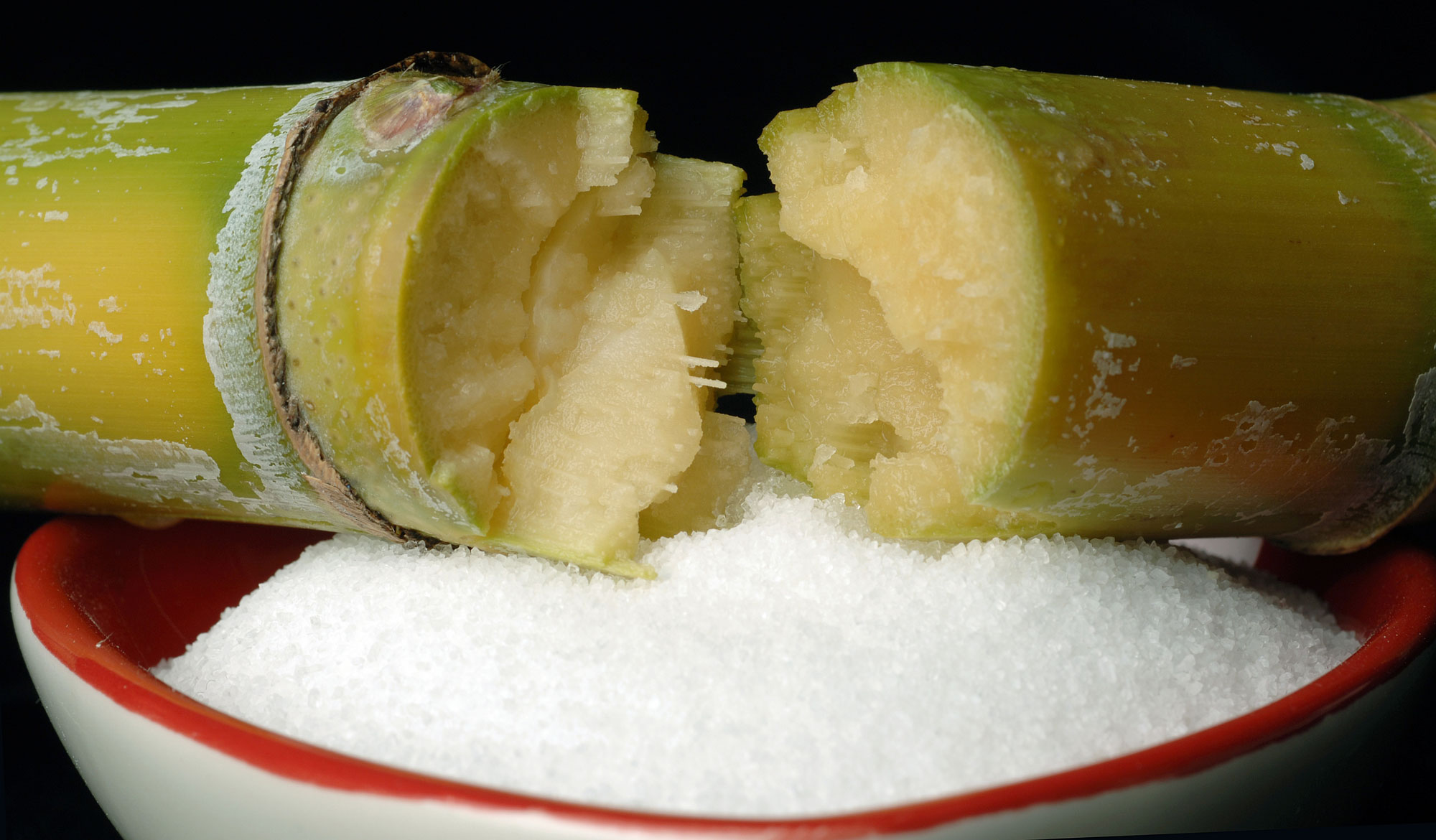Sugar and Cane: A Guide to Their Nutritional Benefits and Uses
Sugar and Cane: A Guide to Their Nutritional Benefits and Uses
Blog Article
Why Cane Sugar Processing Chemicals Are Vital for Modern Sugar Refining
The function of cane sugar processing chemicals in contemporary sugar refining can not be overemphasized, as they are important to improving both the efficiency of removal and the total high quality of the end product. Agents such as phosphoric acid and specific flocculants are used to get rid of impurities, causing sugar that not only meets consumer expectations but additionally sticks to market standards. However, the ramifications of these chemicals extend beyond high quality, touching upon market dynamics and ecological factors to consider. This increases crucial concerns regarding the sustainability of such techniques and their influence on the future of sugar manufacturing.
Role of Handling Chemicals
The efficacy of walking cane sugar processing pivots considerably on the calculated application of handling chemicals. These chemicals play a pivotal duty in enhancing the efficiency and quality of sugar extraction and refining. From the preliminary stages of juice removal to the final filtration steps, handling chemicals assist in various critical operations.
In the extraction phase, chemicals such as phosphoric acid and calcium hydroxide are used to enhance the clarification process, assisting to get rid of contaminations and suspended solids from the walking stick juice. This not just enhances the return yet likewise guarantees the quality of the last item. Furthermore, representatives like flocculants help in the quick settling of impurities, therefore streamlining the total process.
Activated carbon and ion exchange materials serve to get rid of color and smell, making certain that the polished sugar satisfies customer quality standards. Therefore, the careful option and application of these chemicals are essential for accomplishing ideal results in cane sugar processing.
Trick Sorts Of Chemicals
Cane sugar handling relies upon a range of essential chemicals that promote each stage of manufacturing. These chemicals play vital functions in making clear, whitening, and cleansing the sugar drawn out from walking cane.
One key category of chemicals consists of flocculants, such as polyacrylamide, which help in the clarification process by promoting the gathering and settling of pollutants. In addition, calcium hydroxide is typically utilized to counteract level of acidity and assist in the removal of non-sugar components.
Bleaching representatives, such as activated carbon and sulfur dioxide, are utilized to decolorize the syrup, leading to a more clear end product. These chemicals help remove color compounds that might impact the sugar's appearance and bankability.
Additionally, phosphoric acid functions as a pH regulator during the processing stages, making certain ideal problems for the chemical tasks involved in sugar removal and purification.
Various other important agents consist of edta (ethylenediaminetetraacetic acid), which chelates steel ions that could catalyze unfavorable reactions, and sodium hydroxide, which assists in pH control throughout the refining procedure. Jointly, these chemicals improve effectiveness and guarantee a high-grade walking stick sugar item.
Advantages for Sugar Quality
Frequently overlooked, making use of details handling chemicals substantially improves the total top quality of cane sugar. These chemicals play an essential function in refining processes, ensuring that the end product satisfies strict sector standards for purity and preference.

In addition, refining chemicals aid in accomplishing a consistent granulation and texture, which are critical for consumer approval. By managing the crystallization process, these chemicals guarantee that the sugar crystals form consistently, bring about an extra attractive item that liquifies well in different applications.
In addition, using these chemicals can boost the service life of cane sugar by decreasing wetness absorption and microbial development. Generally, the strategic application of processing chemicals is essential for supplying high-grade cane sugar that satisfies consumer assumptions and market needs.
Environmental Impact Factors To Consider

In addition, the energy-intensive nature of sugar refining, worsened by chemical use, frequently causes enhanced carbon exhausts. This adds to environment modification and elevates worries pertaining to the sustainability of present refining practices. Furthermore, the sourcing of these chemicals might involve techniques that endanger biodiversity, such as monoculture farming, which decreases the strength of farming ecological communities.

To alleviate these influences, sugar refiners are increasingly discovering sustainable alternatives and adopting ideal practices that decrease chemical usage. Carrying out strenuous ecological monitoring systems can assist make sure that the refining procedure aligns with environmental standards and advertises biodiversity. Inevitably, a well balanced approach that prioritizes both sugar top quality have a peek at these guys and environmental stewardship is vital for the lasting practicality of the sugar market.
Future Trends in Refining
As the sugar market faces the environmental obstacles connected with standard refining approaches, cutting-edge techniques are emerging to enhance both efficiency and sustainability. One substantial pattern is the adoption of eco-friendly chemistry concepts, which focus on making use of non-toxic, naturally degradable processing chemicals. This change not just lessens environmental influence however also addresses consumer need for cleaner manufacturing techniques.
Another appealing growth is the implementation of advanced filtration technologies, such as membrane separation and adsorption procedures. These techniques boost the clearness and top quality of the sugar while decreasing the volume of wastewater generated throughout refining. Furthermore, the assimilation of digital technologies, consisting of IoT and our website AI, is changing operational efficiency by making it possible for real-time surveillance and predictive maintenance, hence minimizing source waste.
In addition, using spin-offs from sugar refining, such as bagasse and molasses, is obtaining grip. These materials can be exchanged biofuels or value-added items, adding to a circular economic situation within the industry. Jointly, these patterns signify a shift towards even more sustainable methods that not only improve functional effectiveness yet also straighten with global sustainability objectives, making certain the future feasibility of sugar refining.
Final Thought
Cane sugar processing chemicals are vital in modern-day sugar refining, significantly enhancing the efficiency and high quality of sugar removal. The tactical use of these chemicals not only enhances the pureness and flavor of the final product but additionally makes certain consistent condensation and appearance. As the market progressively prioritizes sustainability, the fostering of environmentally-friendly processing agents is most likely to shape future trends in refining, inevitably bring about greater high quality items and extended shelf life for consumers.

Inevitably, a balanced strategy that focuses on both sugar high quality reference and ecological stewardship is important for the long-lasting feasibility of the sugar sector.
Cane sugar handling chemicals are necessary in modern-day sugar refining, substantially improving the effectiveness and top quality of sugar extraction.
Report this page